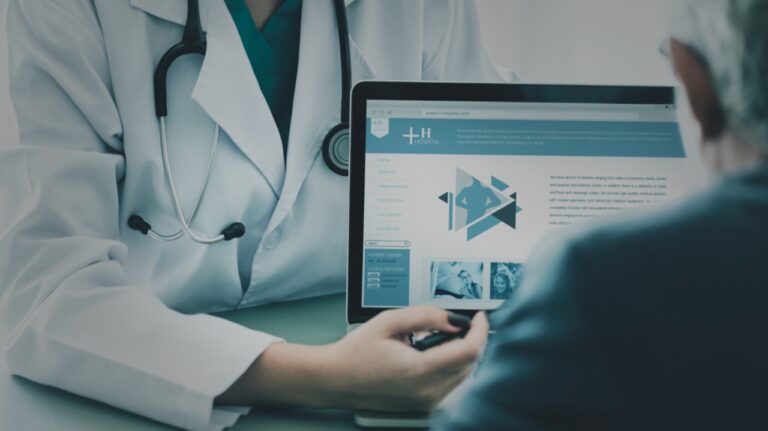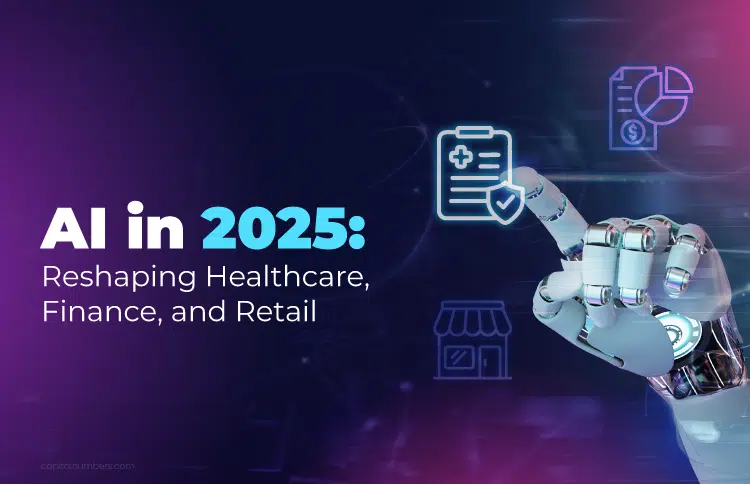Why Our Training Center Is the #1 Choice in Tamil Nadu Are you searching for […]
Top 5 Features for Dental Clinics

1. Smart Appointment Management & Patient Portal
Efficient appointment systems are the backbone of a modern dental clinic. These tools empower patients to self-schedule, reschedule, or join a waitlist, and they receive automated reminders through SMS, email, or calls—significantly reducing no-shows and administrative burden Beyond scheduling, patient portals offer secure messaging, access to treatment history, billing statements, and intake forms—often mobile-accessible for convenience. These capabilities not only streamline operations but also elevate patient autonomy and satisfaction.
2. Advanced Clinical Tools: EMR, Digital Charting & Imaging
Modern dental software centralizes Electronic Medical Records (EMRs)—storing medical history, treatment plans, prescriptions, and images in one safe, accessible hub. Digital charting enables intuitive anatomical documentation and overlays with imaging to ensure accuracy and continuity in care. Digital imaging tools, like intraoral cameras that offer HD visuals, video capture, and even 3D scanning with AI-powered diagnostics, boost patient trust and diagnostic precision.
3. Automation & AI‑Powered Workflows
Keeping things running smoothly without manual effort is a game-changer. Dental software now automates appointment reminders, insurance claim verification, and billing or follow-up messages—ensuring nothing falls through the cracks. AI systems do even more—predicting cancellations, pinpointing optimal appointment slots, and recommending treatment plans based on patient history. Additionally, AI chatbots provide 24/7 support for bookings, FAQs, insurance queries, and pre/post-care guidance.
4. AI‑Enhanced Diagnostics & Predictive Analytics
AI is no longer futuristic—it’s practical and effective. Systems analyzing panoramic radiographs now show diagnostic sensitivity over 67% and operate up to 79× faster than human experts. Such tools improve early detection of cavities, gum disease, and other issues, enabling faster, less invasive treatment. They also contribute to efficiency gains and cost savings—benefiting clinics and patients alike.
5. Teledentistry & Remote Patient Care
Teledentistry is bridging gaps in oral healthcare, especially for remote communities. Through virtual consultations, secure messaging, and remote monitoring, clinics can maintain care continuity and extend their reach. AI enhances this model further—enabling proactive follow-ups, personalized treatment planning, and predictive alerts—all of which foster better engagement, lower costs, and reduced travel for patients
Related Posts
The Role of AI in Retail ERP Systems in 2025
- SparkITX
- July 25, 2025
- 3 min read
- 0
The Role of AI in Retail ERP Systems in 2025 In 2025, the integration of […]
How Our Student Got Placed in TCS After Java Full Stack Training
- SparkITX
- August 19, 2025
- 2 min read
- 0
🚀 How Our Student Got Placed in TCS After Java Full Stack Training Getting placed […]
How Dental Software Improves Patient Care
- SparkITX
- August 28, 2025
- 3 min read
- 0
How Dental Software Improves Patient Care How Dental Software Improves Patient Care In today’s fast-paced […]




